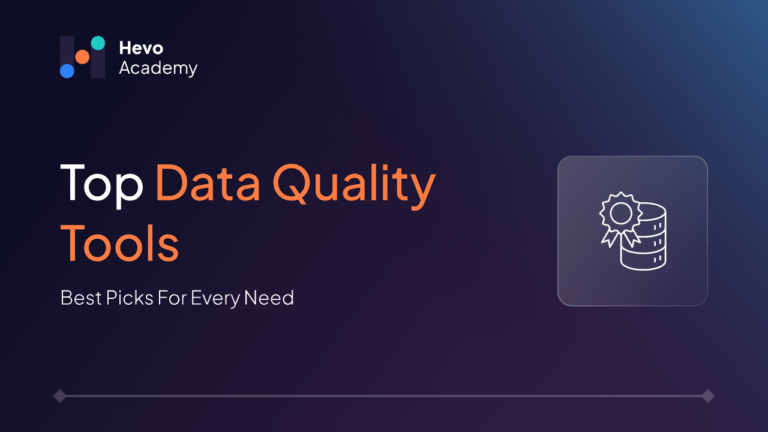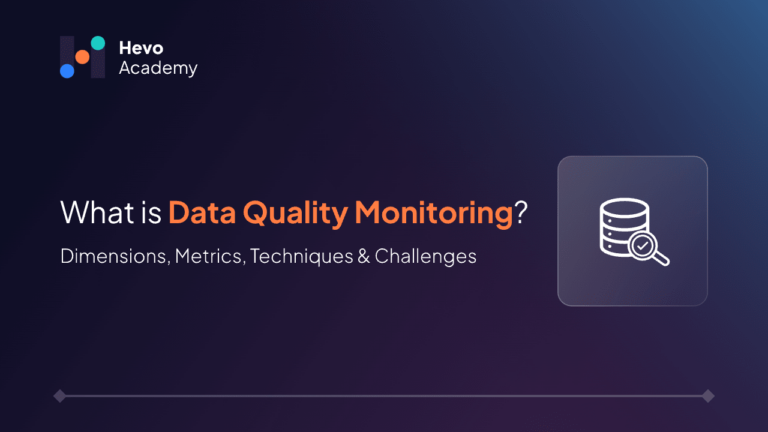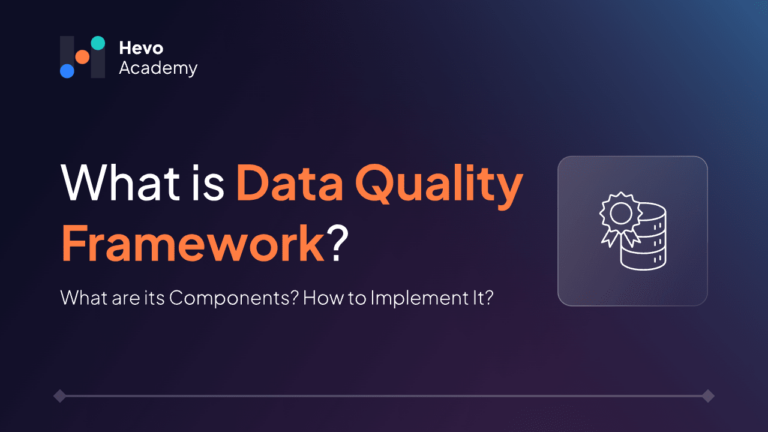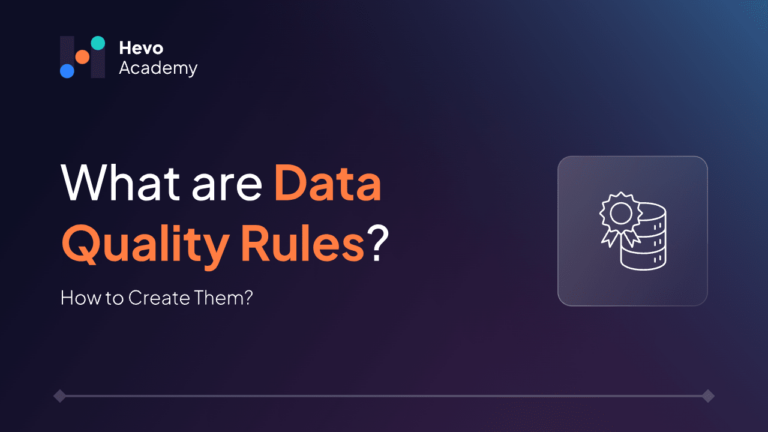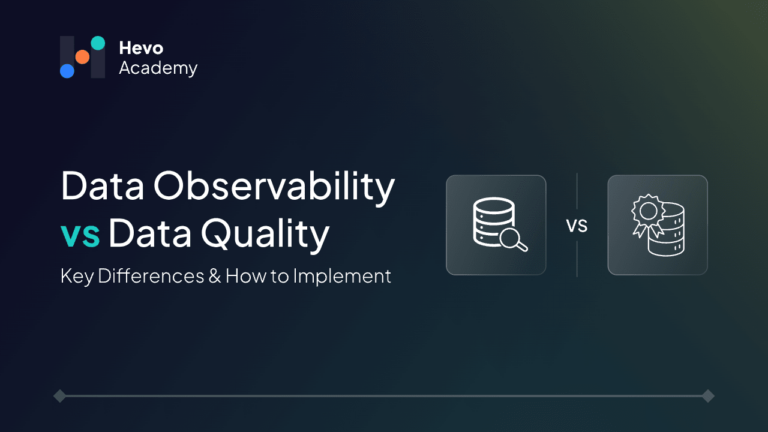When it comes to data quality, there are many data quality tools out there. Some are for big enterprises with huge datasets, others are for startups or those on a budget. I personally think the right tool depends a lot on your specific needs and the type of data you are working with.
Table of Contents
So, let’s break this down into categories because not all tools fit the same bill. I’ll share my experience, Gartner and G2 ratings, and comparison tables for a head-to-head comparison to help you make an informed decision.
1. Best for Startups
If you’re a startup or small team, the key is to find a data quality tool that’s easy to use, affordable and flexible. You don’t need enterprise-level features yet, but you need something that gets the job done without a huge learning curve.
Top Picks:
Our Take on These Tools:
- Talend Data Quality is one I’ve used personally, and it’s a breeze for smaller teams. The interface is intuitive and integrates with almost any data source you can think of. Plus, the free version is a great starting point.
- Data Ladder feels like it was made for startups—its pricing is reasonable, and it’s great for data deduplication and cleansing, which are common issues when you’re building your first datasets.
- Ataccama ONE has both a free and paid version. I like how it can scale with you as your business grows, so you’re not stuck switching tools later.
Gartner & G2 Ratings:
| Tool | Gartner Rating | G2 Rating |
| Talend Data Quality | 4.3/5 (100) | 4.3/5 (20) |
| Ataccama ONE | 4.4/5 (72) | 4.2/5 (11) |
| Data Ladder | 5/5 (10) | 4.2/5 (27) |
Comparison Table: Best for Startups
| Feature | 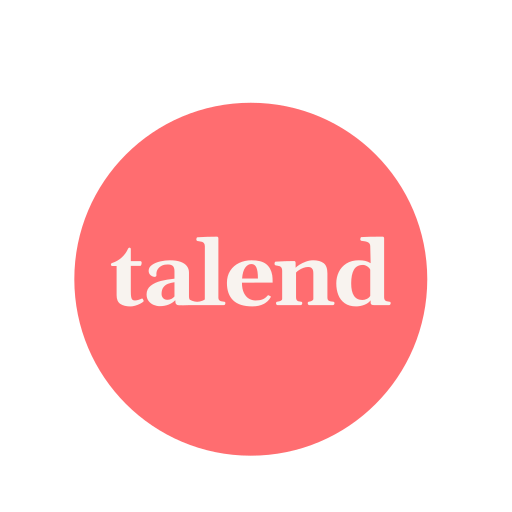 |  | 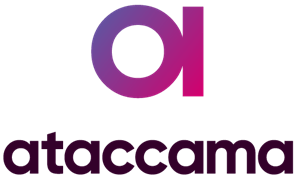 |
| Free Version | Yes | No | Yes |
| Ease of Use | High | Medium | High |
| Scalability | Medium | Low | High |
| Data Source Integration | Excellent | Good | Excellent |
| Best For | Data cleansing, integration | Data deduplication, merging | Growth scaling |
2. Best for Large Enterprises
If you’re dealing with large datasets and complex data infrastructures, you’ll need more robust solutions. Here, enterprise-grade features like real-time monitoring, compliance, and governance are essential.
Top Picks:
Our Take on These Tools:
- Informatica Data Quality is the heavy-duty option that I’ve seen large enterprises rely on. It’s incredibly powerful and packed with advanced features, but it does come with a steep learning curve.
- IBM InfoSphere QualityStage is another tool built for big data needs. It offers tight integration with IBM’s data ecosystem, which makes it super appealing if you’re already in that world.
- SAP Information Steward is perfect for companies using SAP products. The governance features are top-notch, and it’s especially good if you’re focused on regulatory compliance.
Gartner & G2 Ratings:
| Tool | Gartner Rating | G2 Rating |
| Informatica Data Quality | 4.4/5 (177) | 4.5/5 (12) |
| SAP Information Steward | 4.5/5 (125) | 4.3/5 (33) |
| IBM InfoSphere QualityStage | 4.8/5 (14) | 4.1/5 (11) |
Comparison Table: Best for Large Enterprises
| Feature | 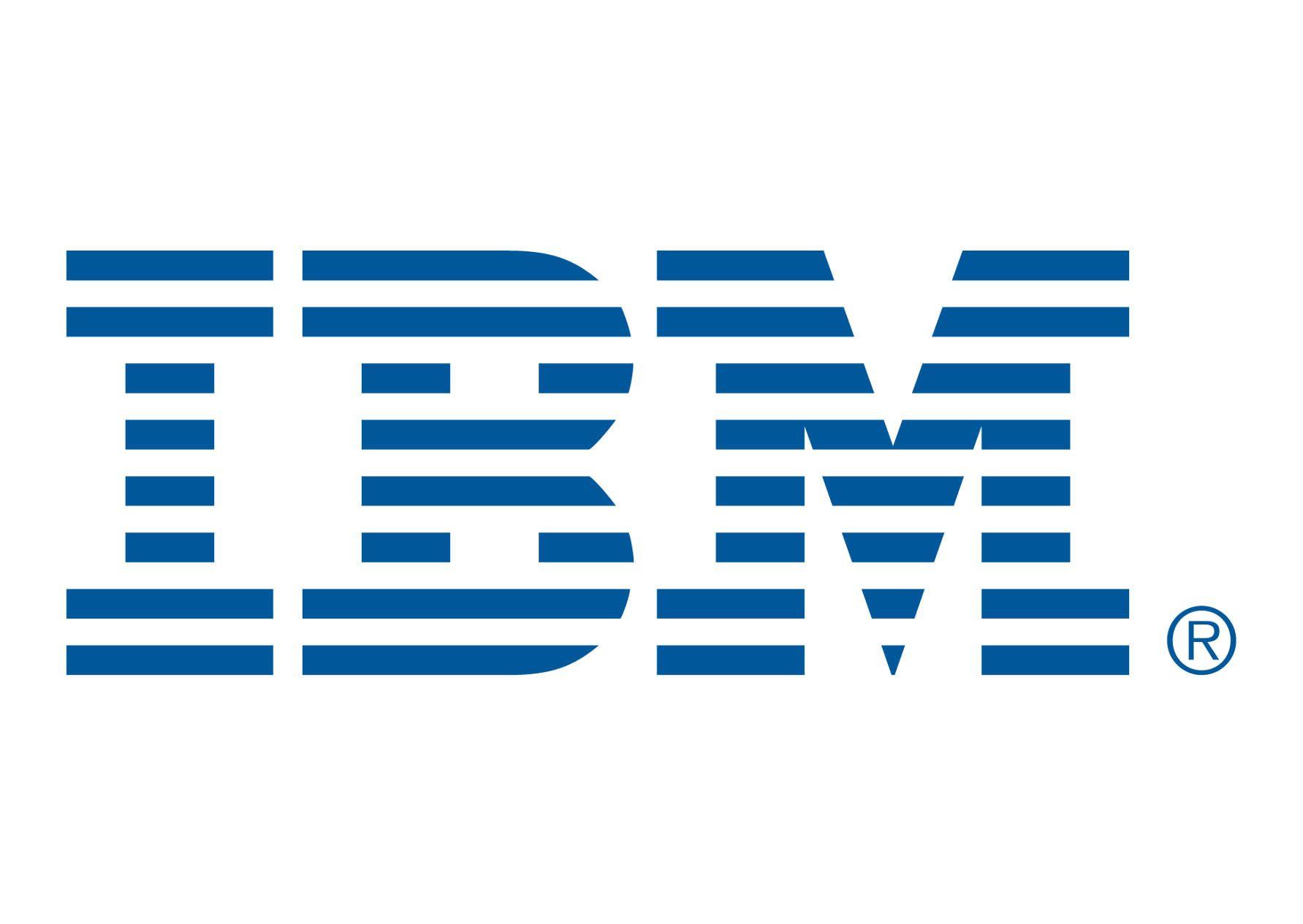 |  | |
| Data Governance | Excellent | Good | Excellent |
| Scalability | High | High | High |
| Real-time Monitoring | Yes | Yes | Yes |
| Integration with Data Lakes | Excellent | Good | Medium |
| Best For | Large-scale data processing | IBM ecosystem users | SAP ecosystem users |
3. Best for Real-Time Data:
When you’re dealing with real-time data—especially in industries like finance, healthcare, or retail—you need a tool that can validate and cleanse data on the fly. In my experience, some tools excel in this area, ensuring you never miss a beat.
Top Picks:
Our Take on These Tools:
- Trifacta is a brilliant tool for transforming and prepping data in real-time. The interface is visual and easy to use, which is a huge plus when you’re working with live data.
- Talend Real-Time Big Data comes with powerful real-time features, especially when integrated with Apache Kafka or Spark. If you need a combination of real-time and big data, this one’s a top contender.
- TIBCO Clarity is more of a hidden gem. I’ve used it for live monitoring, and it’s impressive how well it handles real-time deduplication and cleansing without slowing things down.
Gartner & G2 Ratings:
| Tool | Gartner Rating | G2 Rating |
| Trifacta | 4.6/5 (180) | NA |
| TIBCO Clarity | 3.6/5 (3) | 4.4/5 (67) |
| Talend Real-Time Big Data | 4.7/5 (5) | 5/5 (2) |
Comparison Table: Best for Real-Time Data
| Feature |  |  | |
| Real-Time Processing | Yes | Yes | Yes |
| Integration with Kafka | Good | Excellent | Medium |
| Big Data Capability | Medium | High | Medium |
| Ease of Use | High | Medium | High |
| Best For | Real-time data prep | Streaming & big data | Real-time deduplication |
4. Best for Budget-Conscious Users
If you’re working within a tight budget but still need solid data quality management, there are a few tools that offer great functionality without breaking the bank.
Top Picks:
Our Take on These Tools:
- OpenRefine is a fantastic open-source tool for basic data cleansing and transformation. It’s not packed with advanced features, but for simple tasks, it’s hard to beat.
- Talend Open Studio is another free, open-source tool that packs a surprising amount of power. You can scale into the paid versions as your needs grow, which makes it a great long-term choice.
- Cloudingo is a cost-effective solution for Salesforce users. If you’re working within the Salesforce ecosystem, this is a tool that can help you clean and manage data without a massive investment.
Gartner & G2 Ratings:
| Tool | Gartner Rating | G2 Rating |
| Talend Open Studio | 4.3/5 (114) | 4.3/5 (46) |
| Cloudingo | NA | 4.4/5 (37) |
| OpenRefine | NA | 4.6/5 (12) |
Comparison Table: Best for Budget-Conscious Users
| Feature |  | 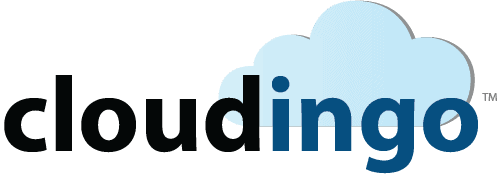 | |
| Free Version | Yes | Yes | No |
| Salesforce Integration | No | No | Yes |
| Ease of Use | Medium | Medium | High |
| Best For | Basic cleansing tasks | Data transformation | Salesforce data |
You can also take a look at the top data mesh tools for seamless data management to elevate your data management in your organization further.
Conclusion
There’s no one-size-fits-all solution when it comes to data quality tools. Whether you’re running a startup, working in a large enterprise, or just need real-time or budget-friendly options, there’s something out there for you. By understanding your specific needs and leveraging the right tool, you can ensure your data stays clean, accurate, and valuable. Sign up for Hevo’s 14-day free trial and experience seamless data migration.
FAQ on Data Quality Tools
1. How do I choose a data quality tool?
Choose a data quality tool based on your specific needs: the volume of data, type of data sources, integration capabilities, automation features, scalability, cost, and user interface. Ensure the tool provides monitoring, profiling, cleansing, and validation features.
2. What are data quality tools?
Data quality tools ensure the accuracy, consistency, and completeness of data. They provide functionalities for data profiling, cleansing, enrichment, validation, and monitoring to maintain high-quality data in databases and systems.
3. What are the 5 data quality standards?
The 5 data quality standards are:
1. Accuracy
2. Consistency
3. Completeness
4. Timeliness
5. Relevance
4. What is data quality and examples?
Data quality refers to the reliability and efficiency of data for its intended use. Examples include accurate customer addresses, consistent financial records, and complete transaction logs without missing values.

